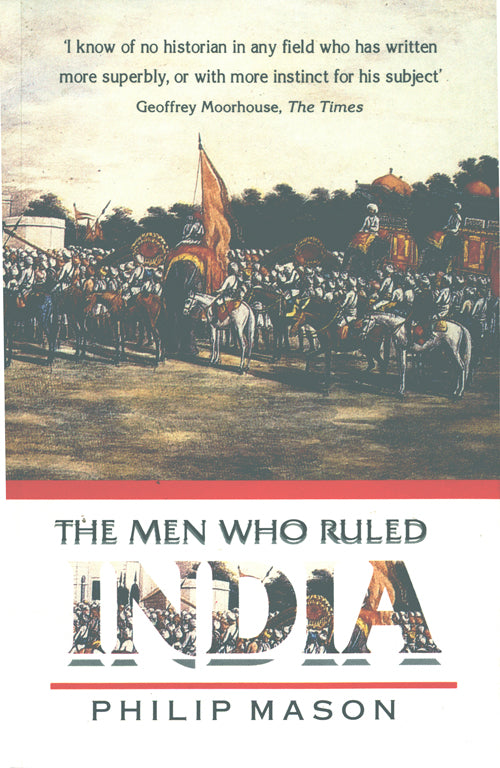Philip Mason: A Journey Through His Legacy
Philip Mason, a name synonymous with scholarly excellence and thoughtful historical narrative, emerged as a significant figure in historical and academic circles throughout the 20th century. Born into a world brimming with change, Mason carved out a niche for himself, constructing a legacy defined by meticulous research and engaging prose. His life, achievements, and scholarly contributions continue to resonate with readers, scholars, and students alike, offering insights into both the past and the art of historical writing.
Early Life and Education
Philip Mason was born on March 19, 1906, in Sharnbrook, Bedfordshire, England. From an early age, he displayed a keen interest in literature and history, traits that would later define his academic pursuits and professional career. He was educated at the prestigious Marlborough College, an institution that provided an environment ripe for intellectual growth and exploration. It was here that Mason cultivated his love for stories of the past, developing a particular fascination with the dynamics of British colonial history.
Career and Contribution
Mason's professional journey began as a member of the Indian Civil Service (ICS) in 1928, where he developed a profound connection with the Indian subcontinent. His tenure in India proved crucial, providing Mason with firsthand experiences and perspectives that significantly influenced his later writings. The cultural diversity and rich historical tapestry of India became central themes in his scholarly work, and these experiences served to deepen his understanding of colonial dynamics.
In the wake of India's independence, Mason took on roles within the fledgling nation that allowed him to delve deeper into historical research and writing. His career trajectory continued to ascend as he became involved with the Commonwealth Relations Office and later transitioned into academia. These roles offered Mason rich opportunities to research and document stories that were both enlightening and thought-provoking, contributing broadly to postcolonial literature and discussions.
Notable Works
Philip Mason is perhaps most renowned for his deeply engaging books, which have become fundamental texts within historical literature. His two-part historical series, The Men Who Ruled India, published in the mid-20th century, remains a seminal work chronicling the history and transformation of British colonial rule in India. These books masterfully balance narrative and historical accuracy, providing readers with an in-depth look into the complexities of colonial administration and its broader implications.
Another significant contribution by Mason is his book, A Matter of Honour, which examines the ethos and traditions of the British Army in India. This work delves into the intricate relationship between military life and colonial governance, offering a penetrating insight into the operational challenges and societal influences that shaped British India. Mason's acute awareness of cultural nuances is evident in all his writings, making his work a rich resource for understanding the intricate tapestry of the British Empire and its territories.
Legacy and Impact
Beyond his scholarly works, Philip Mason's legacy is also reflected in his role as an educator and mentor. His teachings have inspired generations of historians and writers, encouraging a nuanced appreciation of colonial histories and their contemporary resonances. Mason's ability to bridge the gap between detailed scholarly research and captivating storytelling has left an indelible mark on historical literature.
Through his career, Philip Mason was the recipient of numerous accolades that highlighted his contributions to historical scholarship and literature. His unique ability to engage with controversial subjects while maintaining scholarly integrity underscored the profound impact of his work. Today, Mason is remembered not only for his profound contributions to historical narrative but also for his enduring influence on new generations of historians seeking to understand the complex interplay of culture, power, and history.
As we continue to explore the multifaceted contributions of Philip Mason, it is clear that his work remains as relevant as ever. His writings invite us to consider old stories anew, challenging assumptions and prompting reflections on the legacies of empire and the interconnectedness of human history.




![A Matter Of Honour [Hardcover] by Philip Mason | eBay image](https://i.ebayimg.com/images/g/LmIAAOSwHiFkL-Ld/s-l1200.jpg)



Comments